The Great Global Warming Symposium
We can now look back over the past decade and agree that ‘climate change’ has replaced the ‘war on terror’ as the dominant public policy issue in the Western world. In boardrooms, newsrooms, classrooms and party rooms climate change is ubiquitous. It’s a question of science but how we respond is the duty of government – climate change is inescapably political.
Already a subscriber? Log in
Subscribe for just $2 a week
Try a month of The Spectator Australia absolutely free and without commitment. Not only that but – if you choose to continue – you’ll pay just $2 a week for your first year.
- Unlimited access to spectator.com.au and app
- The weekly edition on the Spectator Australia app
- Spectator podcasts and newsletters
- Full access to spectator.co.uk
Or
Unlock this article
You might disagree with half of it, but you’ll enjoy reading all of it. Try your first month for free, then just $2 a week for the remainder of your first year.


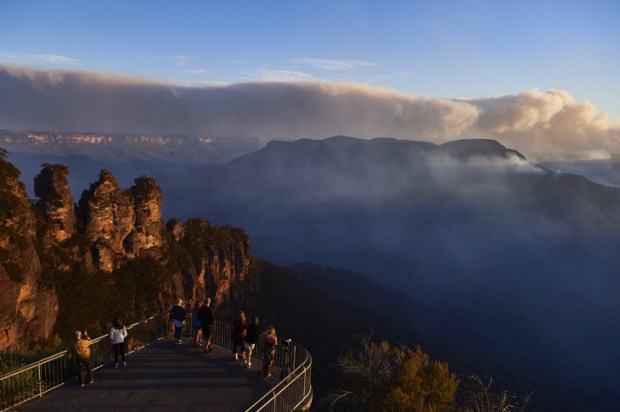
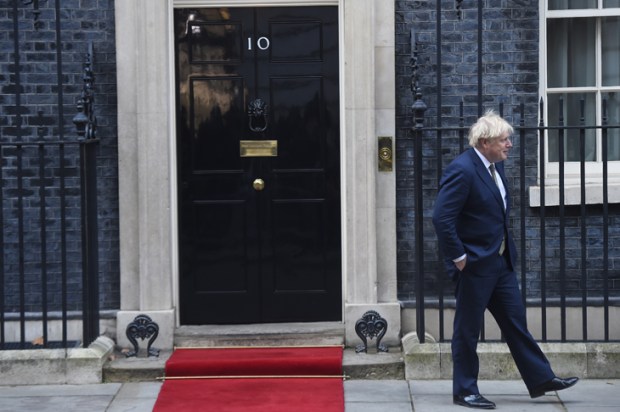
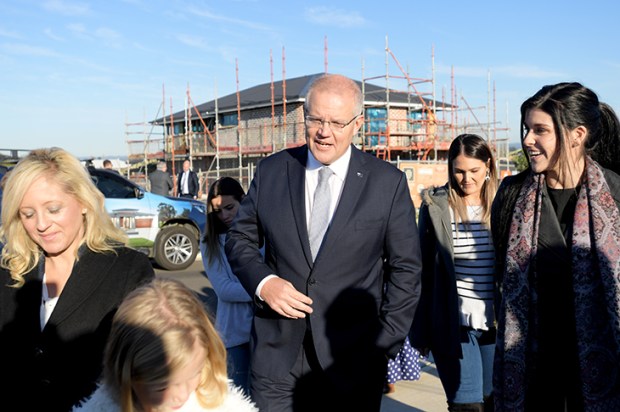
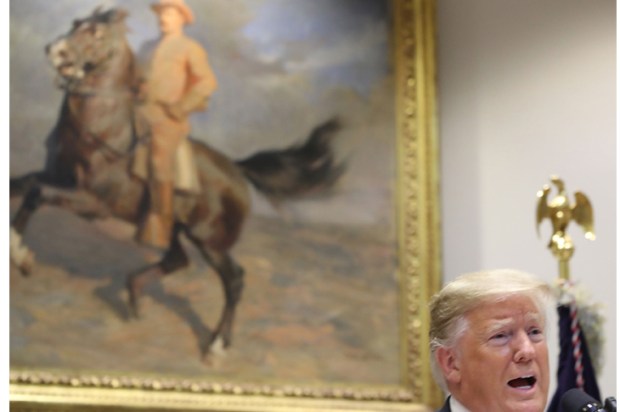
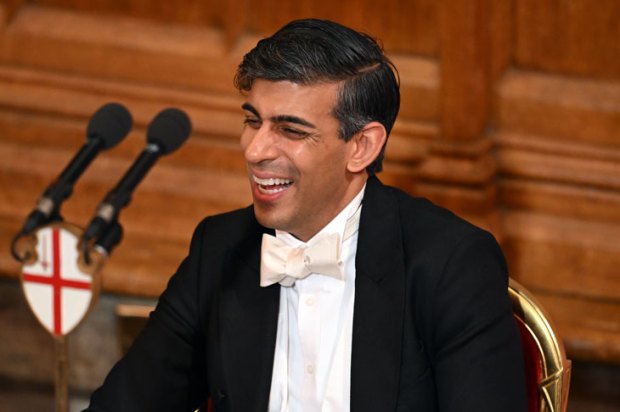







Comments
Don't miss out
Join the conversation with other Spectator Australia readers. Subscribe to leave a comment.
SUBSCRIBEAlready a subscriber? Log in